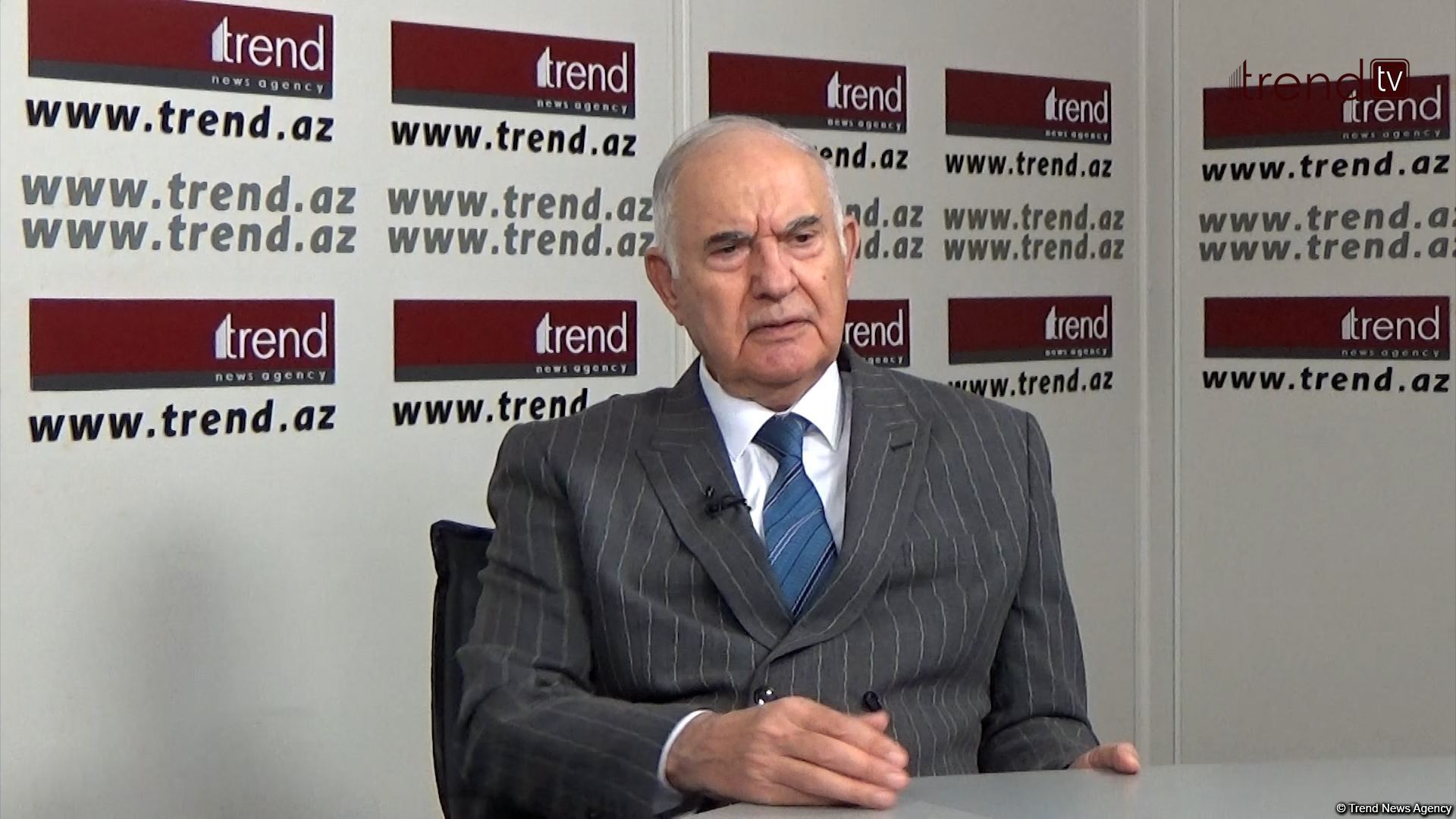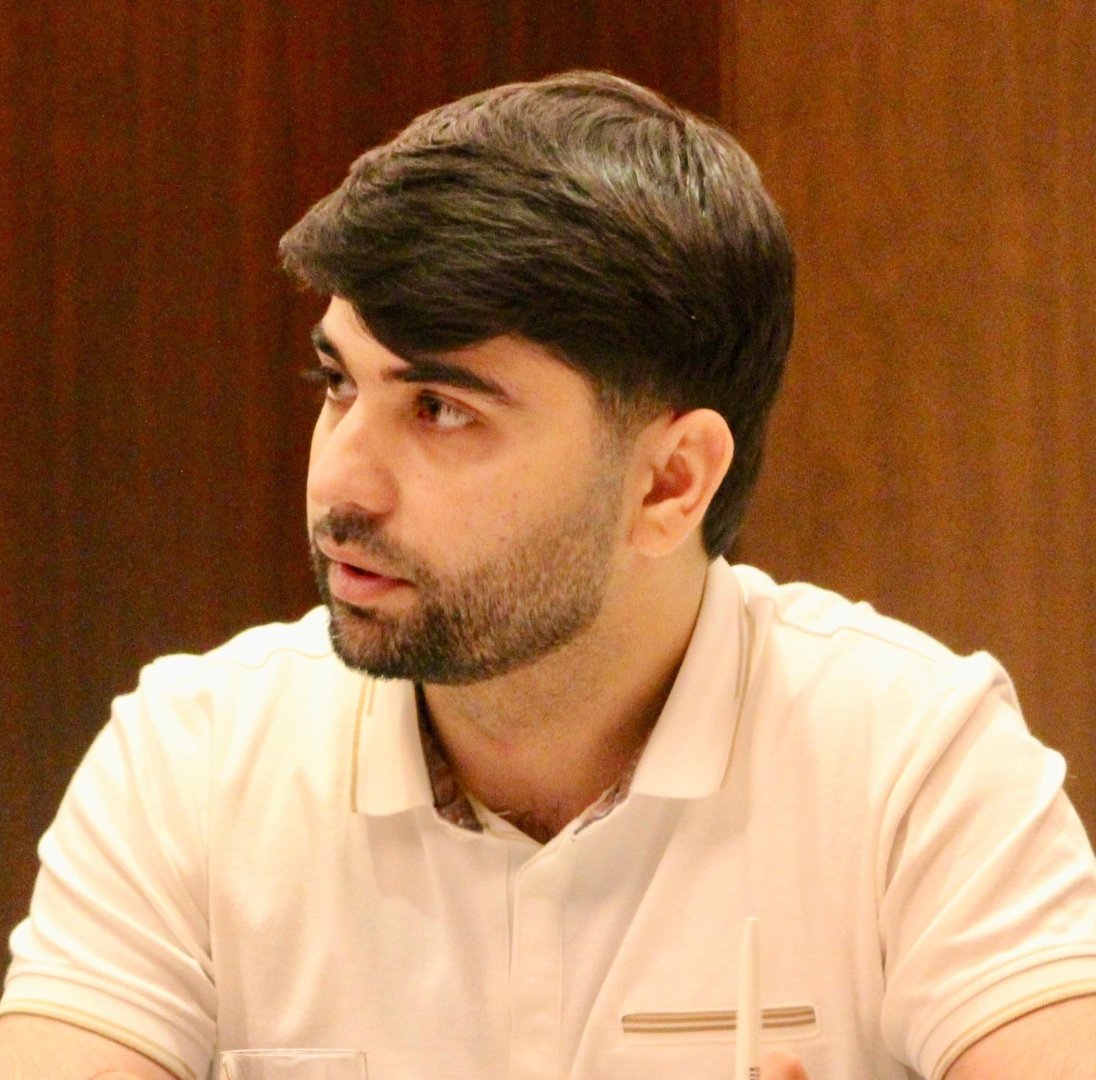BAKU, Azerbaijan, November 24. The Solidarity Forum of Non-Governmental Organizations (NGOs) of the Organization of Turkic States (OTS) member countries, arranged by Azerbaijan as the acting chair of the OTS, demonstrates Baku's growing role in the development of Turkic integration, Azerbaijani political analyst Azer Garayev told Trend.
According to him, the official opening of the forum, held in Baku, is an important milestone in strengthening public communication in the Turkic world.
"With the participation of more than 500 civil society representatives from Azerbaijan, Türkiye, Kazakhstan, Kyrgyzstan, Uzbekistan, Turkmenistan, Hungary, and the Turkish Republic of Northern Cyprus, the event can be described as the broadest dialogue platform for the NGOs of the Turkic states.
In recent years, the OTS has entered a qualitatively new stage of transformation. Cooperation in the fields of economy, transport, energy, and security is now complemented by a new direction—public diplomacy. States increasingly understand that sustainable partnership is impossible without civil society institutions, expert circles, cultural organizations, and the media. Therefore, the organization of the NGO Solidarity Forum is a logical continuation of the steps taken to deepen integration in the Turkic space.
NGOs possess unique opportunities for building connections, strengthening public understanding, and creating an atmosphere of trust that complements political dialogue. The address sent by President of Azerbaijan Ilham Aliyev to the forum participants became the main political message of the event. This message clearly emphasized several directions of strategic importance for the Turkic world. The head of state noted that the Turkic states are becoming a single center of power on the global stage.
This is not just a statement but a reflection of real developments. Growing economic power, transport corridors, energy projects, and cultural-humanitarian initiatives are making the Turkic world more influential. President Ilham Aliyev highlighted the requirement to set more ambitious goals, deepen cooperation, establish flexible mechanisms, and strengthen coordination. NGOs, with their flexibility, efficiency, and ability to foster direct communication between societies, are the primary tool to meet this requirement.
The head of state's remark that the Turkic world is experiencing a period of renewed growth drew particular attention. As President Ilham Aliyev underlined, Azerbaijan’s Garabagh Victory is a source of shared joy and pride for the Turkic peoples. This is not only a political event but also a symbol of the historical unity that has regained relevance in recent years,” Garayev noted.
According to him, in addition, the Zangezur Corridor, which is expected to open in the near future and has the potential to reshape the communication map of Eurasia, will also play an important role in unifying the Turkic world.
“This is clearly demonstrated by the panel discussion dedicated to this strategic project, which highlights the importance of the corridor for both NGOs and state institutions. The opening of the corridor will directly connect the Turkic space via land routes, strengthen trade and economic cooperation, create new opportunities for humanitarian and cultural projects, and enable regional NGOs to expand their collaboration not only through conferences but also in practical fields. As President Ilham Aliyev stated, the Zangezur Corridor and the large-scale rebuilding of Garabakh and East Zangezur will play a crucial role in advancing development and strengthening cooperation among the Turkic states.
The two main panel sessions of the forum—a discussion on the Zangezur Corridor and a session on cooperation between Azerbaijani and Kazakh NGOs—reflect the strategic direction of the OTS: deepening bilateral formats and gradually integrating them into a unified regional system. President Ilham Aliyev’s statement regarding the launch of joint grant competitions for NGOs with OTS member countries in the fields of culture, environmental policy, history, climate, and other areas is essentially an announcement of the transition from discussions to the stage of implementing real joint projects. Such support helps build long-term connections among organizations, creates common operational standards, and stimulates new initiatives.
The president also emphasized the importance of joint activities by NGOs of Turkic states within the UN and other international organizations. This enables the Turkic world to form its own voice on the global stage. In the face of global challenges—from climate crises to humanitarian issues—a coordinated position can provide significant advantages,” he noted.
The analyst pointed out that strengthening unified platforms for NGOs contributes to increasing international influence, protecting common interests, promoting the Turkic agenda in global institutions, and ensuring consolidation on key issues.
“The NGO Solidarity Forum of the Turkic states is not just another event. It represents a new stage in Turkic integration, where the role of human connections becomes even more important. President Ilham Aliyev’s address sets the strategic direction—from strengthening public diplomacy to forming a unified public space for the Turkic states. The cooperation established during the days of the Forum will make an important contribution to strengthening solidarity, unity, and multidimensional relations in the Turkic world both today and in the long term,” Garayev concluded.
Stay up-to-date with more news on Trend News Agency's WhatsApp channel







